An imperfect car is often easier to love
Cars are all flawed in one way or another – but aren't these more interesting than the accomplished alternatives? Just as I watched the last episode of Reacher and feared my television well was running dry, a new series of Bosch: Legacy arrived to make going to the gym less boring. So begins another series in which the star bounds around saving the day, breaking a few rules/laws/bones as necessary, and ultimately gets paid badly or not at all for their trouble. I wondered if it was just people like me who were drawn to this sort of story, but whether it’s Buffy or Ludwig, Harry Potter or Stranger Things, plus about eleventy-dozen superhero films, the theme is the same. See also basically everything from The Littlest Hobo to James Bond. It’s a massively popular genre. Fact is, loads of us like a central character who’s not perfect but who knows what it takes to get things done and, once it’s all over, gets hardly any recognition. Is this because it’s how we see, or would like to see, ourselves? Does it reflect our own personalities, even if our struggles are against jobsworths, unfair parking fines and computers saying no, rather than criminal masterminds? (I mean, same difference, right?) And if that’s the case, I wonder whether that’s why, as many of us do, I find myself drawn to a certain kind of car: something a bit quirky, made by an underdog, probably not the best car around but, for all its failings, something with charm. A car with noble intentions, if such a thing is possible. At the moment, I’m going through a phase of being asked what good cars I’ve driven recently. There have been a number of very respectable, very efficient and extremely effective ones. And when it comes to the moment of answering, I often can’t remember a single one of them. I can, though, remember most of the miles I’ve driven in, say, a Noble M600, an Ineos Grenadier or a Morgan. Even a Citroën Ami. Or my own Audi A2 or old Land Rover Defender. These cars are all flawed or compromised in some way or another (within reason: they haven’t murdered anyone for the greater good), but I find them more compelling than the squeaky clean, goody two-shoes, far more accomplished alternatives. Steve Cropley’s new Jeep Wrangler is another case in point. I don’t just mean it’s possible to like bad cars. It is, of course, but that’s a different conversation that usually involves nostalgia. What I mean is that there’s an attraction to the underappreciated, to a character that’s trying to do a good thing against difficult odds. The film reviewer (and classic Ford owner) Mark Kermode says he would rather a film set out to achieve something noble and miss its mark than achieve its goal of being blandly efficient. One might think differently about cars, I suppose, when you have to live with one for three years and e confident it will be worth something afterwards, rather than just bearing with it for two hours, so from a reviewing perspective, our approaches may remain a little different. But I do think there is a virtuousness, a pleasing honesty, about a core of people who set out to give a car really positive traits, so that the result doesn’t look like it was designed and engineered by endless committees. And isn’t there something endearing about a flawed character? Some gratification in recognising a positive trait that we don’t think everybody else sees? Maybe appreciating these things is the same as preferring a slightly rickety but pleasingly proportioned old house to a brilliantly insulated new one whose floors are level but which has no aesthetic charm. We know that the one that works properly is better, but we would prefer something that is in some ways – how to put it delicately? – a bit more crap. By cheering on the underappreciated underdog, it positively reaffirms that we have a kindness of understanding, plus it makes us believe we have the nous and intellect to see what others might have missed. In other words, it makes us feel a bit good about ourselves. On the telly, those strings are pulled by design. In automotive terms, I suspect it’s more accidental. But the net effect can be similar.

 Cars are all flawed in one way or another – but aren't these more interesting than the accomplished alternatives?
Cars are all flawed in one way or another – but aren't these more interesting than the accomplished alternatives?
Just as I watched the last episode of Reacher and feared my television well was running dry, a new series of Bosch: Legacy arrived to make going to the gym less boring.
So begins another series in which the star bounds around saving the day, breaking a few rules/laws/bones as necessary, and ultimately gets paid badly or not at all for their trouble.
I wondered if it was just people like me who were drawn to this sort of story, but whether it’s Buffy or Ludwig, Harry Potter or Stranger Things, plus about eleventy-dozen superhero films, the theme is the same.
See also basically everything from The Littlest Hobo to James Bond. It’s a massively popular genre. Fact is, loads of us like a central character who’s not perfect but who knows what it takes to get things done and, once it’s all over, gets hardly any recognition.
Is this because it’s how we see, or would like to see, ourselves? Does it reflect our own personalities, even if our struggles are against jobsworths, unfair parking fines and computers saying no, rather than criminal masterminds? (I mean, same difference, right?)
And if that’s the case, I wonder whether that’s why, as many of us do, I find myself drawn to a certain kind of car: something a bit quirky, made by an underdog, probably not the best car around but, for all its failings, something with charm. A car with noble intentions, if such a thing is possible.
At the moment, I’m going through a phase of being asked what good cars I’ve driven recently. There have been a number of very respectable, very efficient and extremely effective ones.
And when it comes to the moment of answering, I often can’t remember a single one of them. I can, though, remember most of the miles I’ve driven in, say, a Noble M600, an Ineos Grenadier or a Morgan. Even a Citroën Ami. Or my own Audi A2 or old Land Rover Defender.
These cars are all flawed or compromised in some way or another (within reason: they haven’t murdered anyone for the greater good), but I find them more compelling than the squeaky clean, goody two-shoes, far more accomplished alternatives. Steve Cropley’s new Jeep Wrangler is another case in point.
I don’t just mean it’s possible to like bad cars. It is, of course, but that’s a different conversation that usually involves nostalgia. What I mean is that there’s an attraction to the underappreciated, to a character that’s trying to do a good thing against difficult odds.
The film reviewer (and classic Ford owner) Mark Kermode says he would rather a film set out to achieve something noble and miss its mark than achieve its goal of being blandly efficient.
One might think differently about cars, I suppose, when you have to live with one for three years and e confident it will be worth something afterwards, rather than just bearing with it for two hours, so from a reviewing perspective, our approaches may remain a little different.
But I do think there is a virtuousness, a pleasing honesty, about a core of people who set out to give a car really positive traits, so that the result doesn’t look like it was designed and engineered by endless committees.
And isn’t there something endearing about a flawed character? Some gratification in recognising a positive trait that we don’t think everybody else sees?
Maybe appreciating these things is the same as preferring a slightly rickety but pleasingly proportioned old house to a brilliantly insulated new one whose floors are level but which has no aesthetic charm.
We know that the one that works properly is better, but we would prefer something that is in some ways – how to put it delicately? – a bit more crap.
By cheering on the underappreciated underdog, it positively reaffirms that we have a kindness of understanding, plus it makes us believe we have the nous and intellect to see what others might have missed. In other words, it makes us feel a bit good about ourselves.
On the telly, those strings are pulled by design. In automotive terms, I suspect it’s more accidental. But the net effect can be similar.










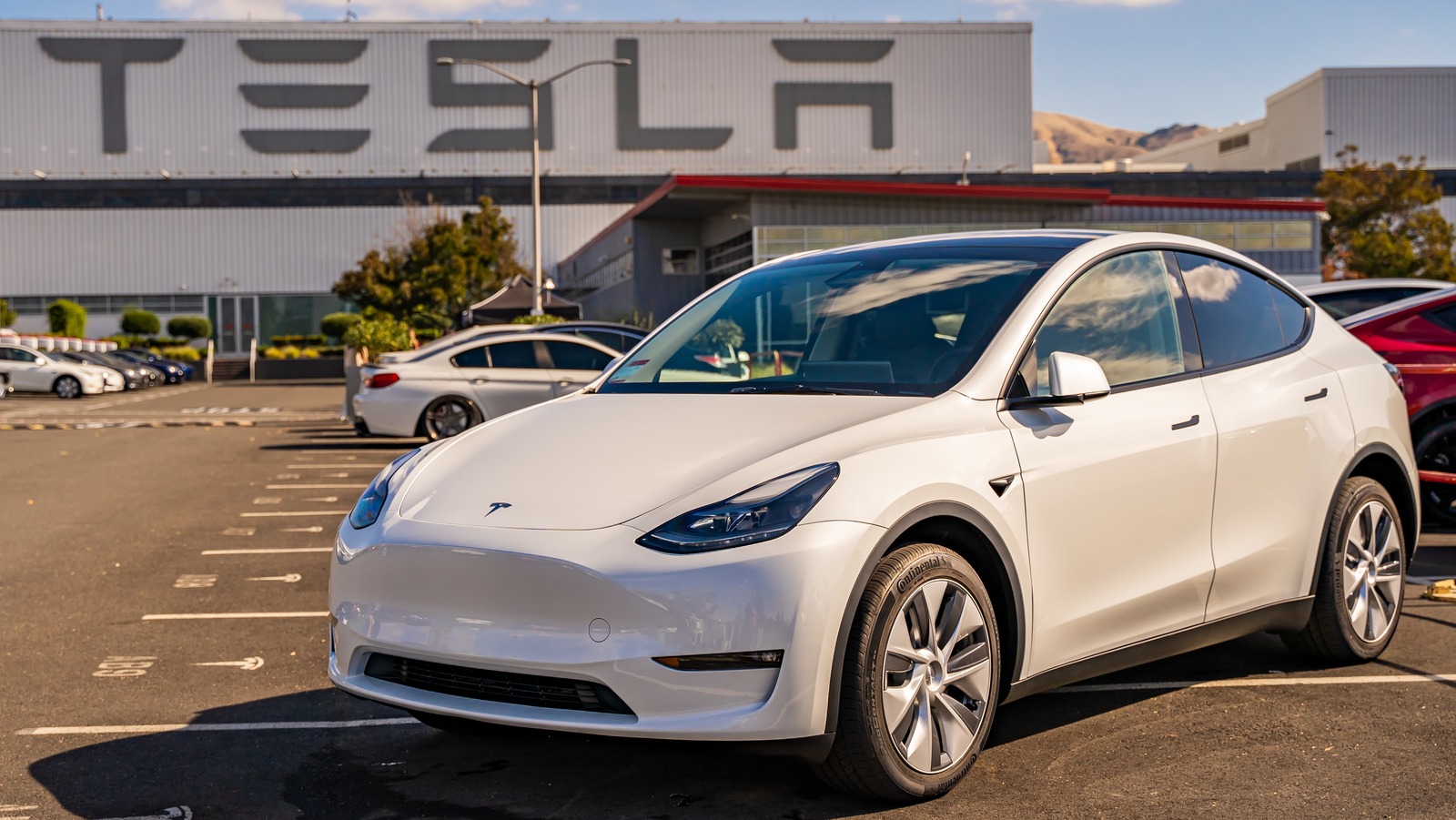







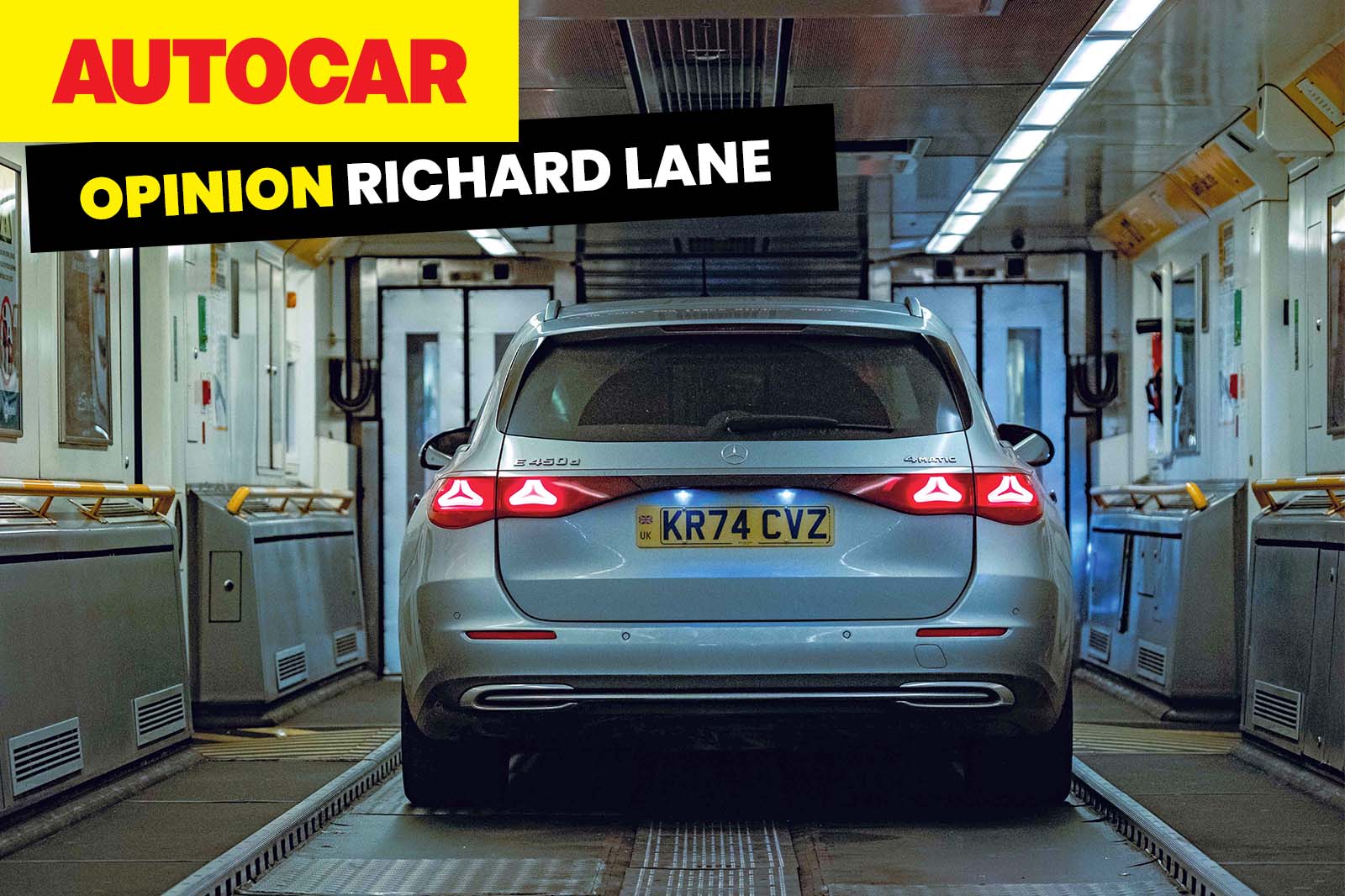
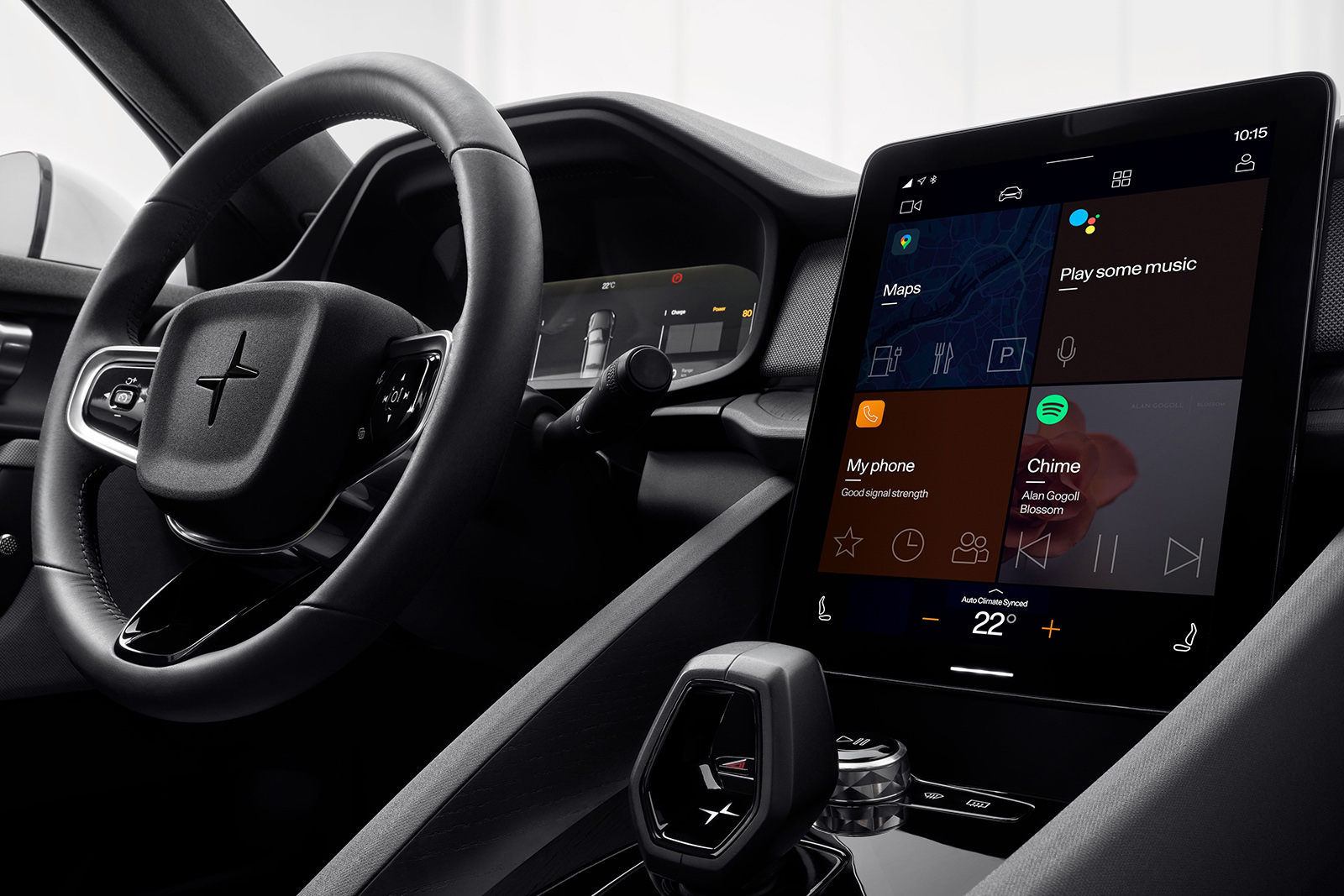











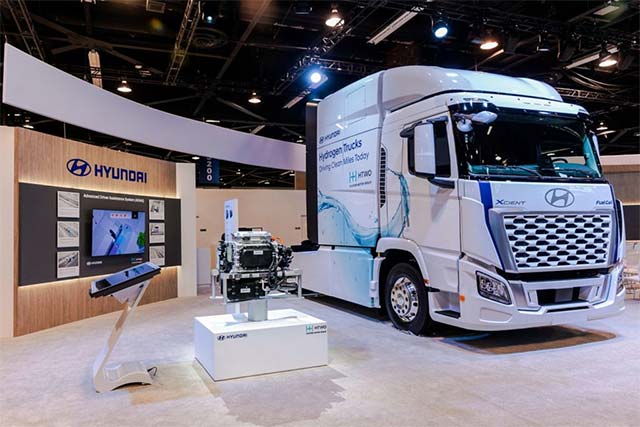
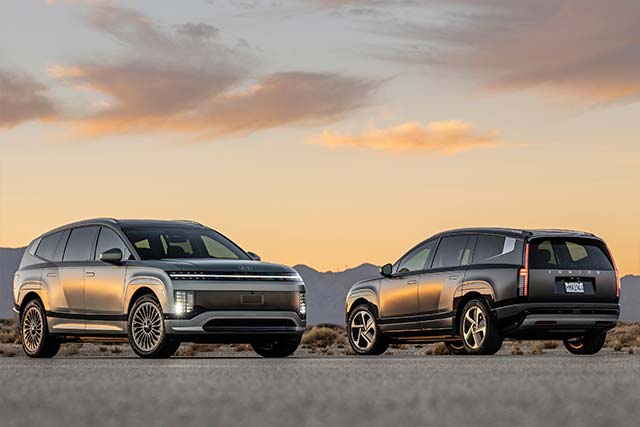
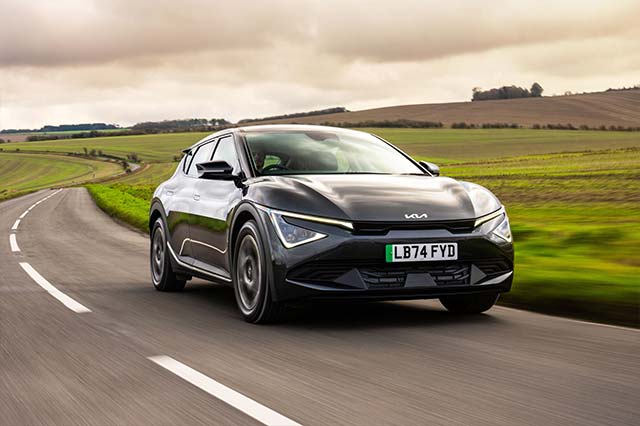

















































































































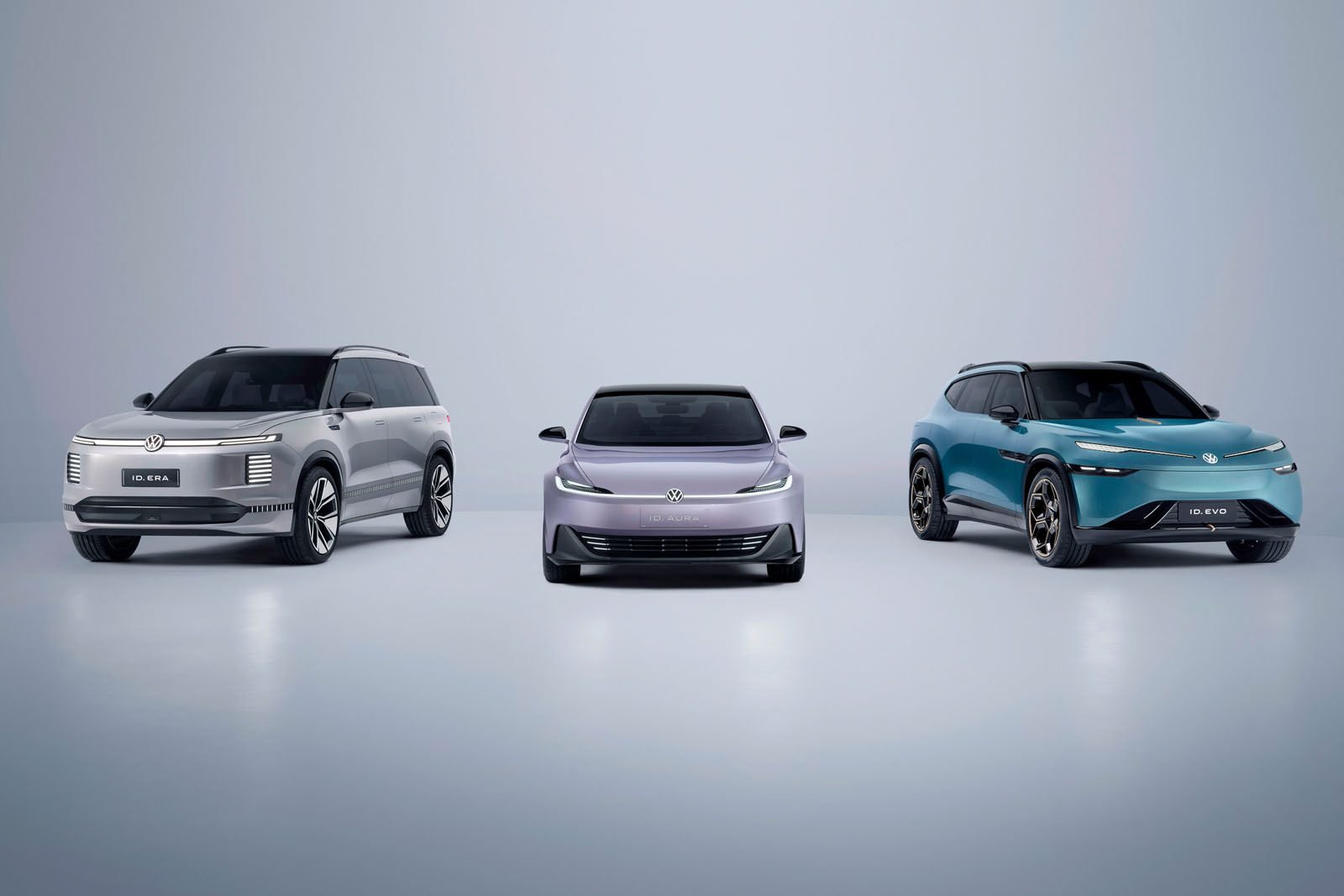




![‘Was That United Airlines Meal Taken Before Or After You Ate It?’—Hard To Believe They Once Gave Out Cookbooks In Coach [Roundup]](https://viewfromthewing.com/wp-content/uploads/2025/05/united-pasta-sausage.jpg?#)